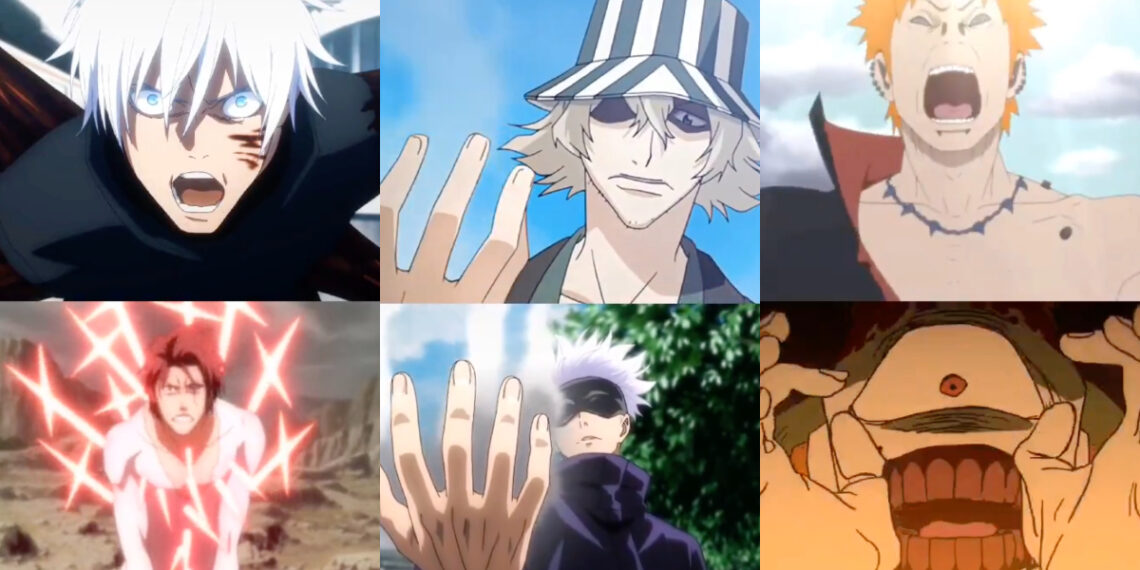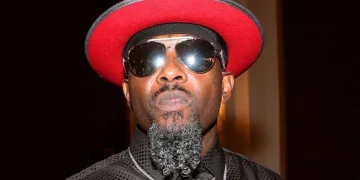Recently, there has been some controversy surrounding potential plagiarism in the popular anime series Jujutsu Kaisen. Some attentive fans started noticing that certain scenes in the show seemed to bear a strong resemblance to iconic moments from other well-known anime franchises and films.
In particular, examples that appeared strikingly similar to sequences in series like My Hero Academia and Birdy the Mighty: Decode were highlighted.
There were even claims made of nearly identical scenes compared to the live-action martial arts movie The Raid 2.
As more and more of these alleged cases of copying came to light, some fans started calling the show “Copy Kaisen” on social media platforms.
The accusations even went so far as to directly accuse some of the show’s animators and directors of plagiarism.
#呪術廻戦 #JujutsuKaisen
Every anime/movie references/homages and callbacks I've found in Jujutsu Kaisen[Thread 🧵]
My Hero Academia S2 pic.twitter.com/N14GPFMvOy— VishalSid (@VishalSid_1) December 29, 2023
One animator and episode director for Jujutsu Kaisen named Itsuki Tsuchigami eventually felt compelled to respond to these plagiarism claims after they gained significant traction online.
He firmly refuted the allegations that he or others had deliberately stolen or copied work from other sources without proper attribution.
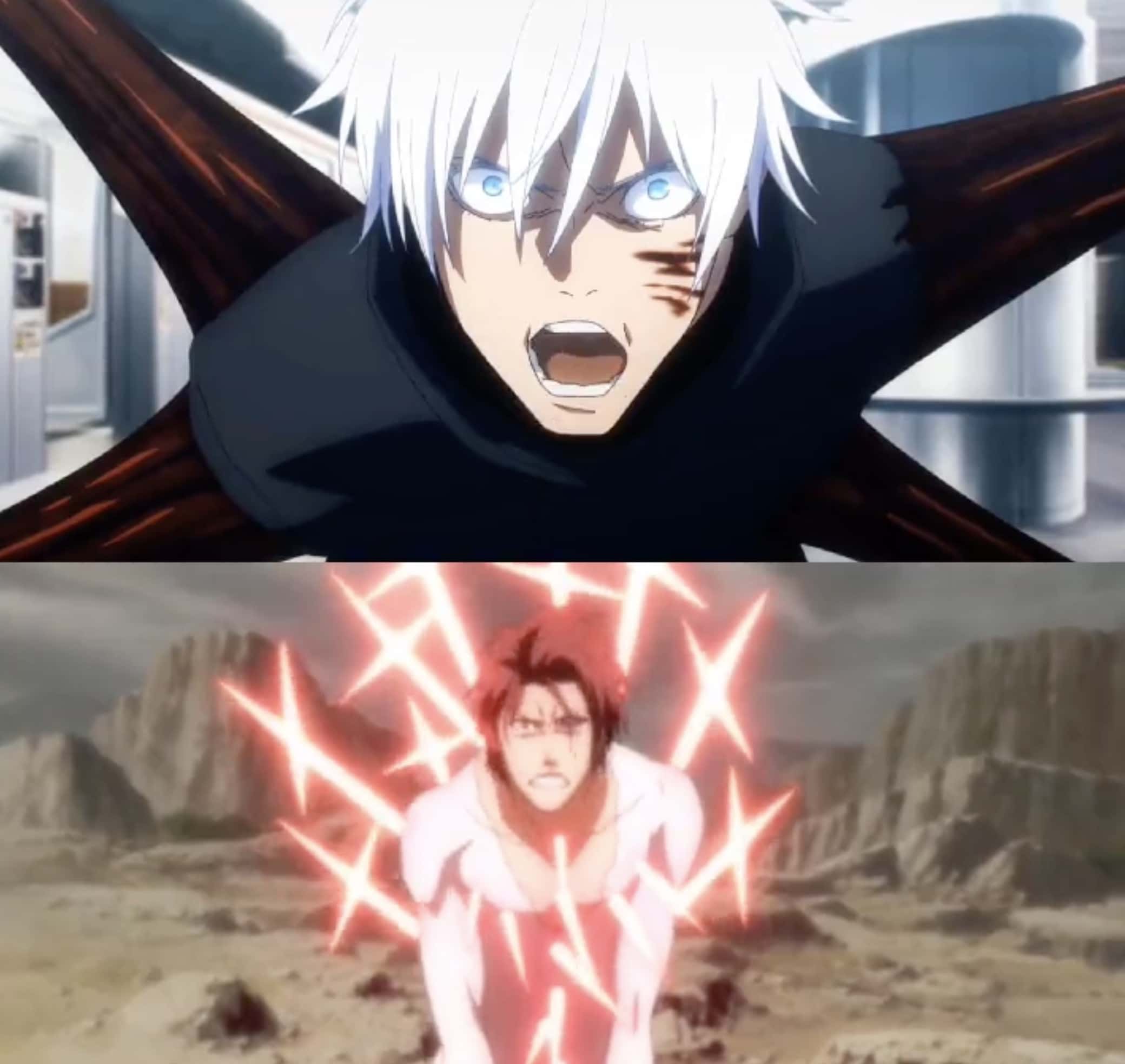
The controversy continues to ignite debate within the anime fan community about the line between artistic reference and plagiarism in the industry.
But Tsuchigami has maintained the scenes in question were done legally and ethically through permissible inspirational references rather than outright idea theft.
Animator Itsuki Tsuchigami Questions Industry Norms Amidst Accusations
The reaction to the alleged plagiarism controversy with Jujutsu Kaisen extended beyond just international fans. Some Japanese fans also raised concerns about the similar scenes online.
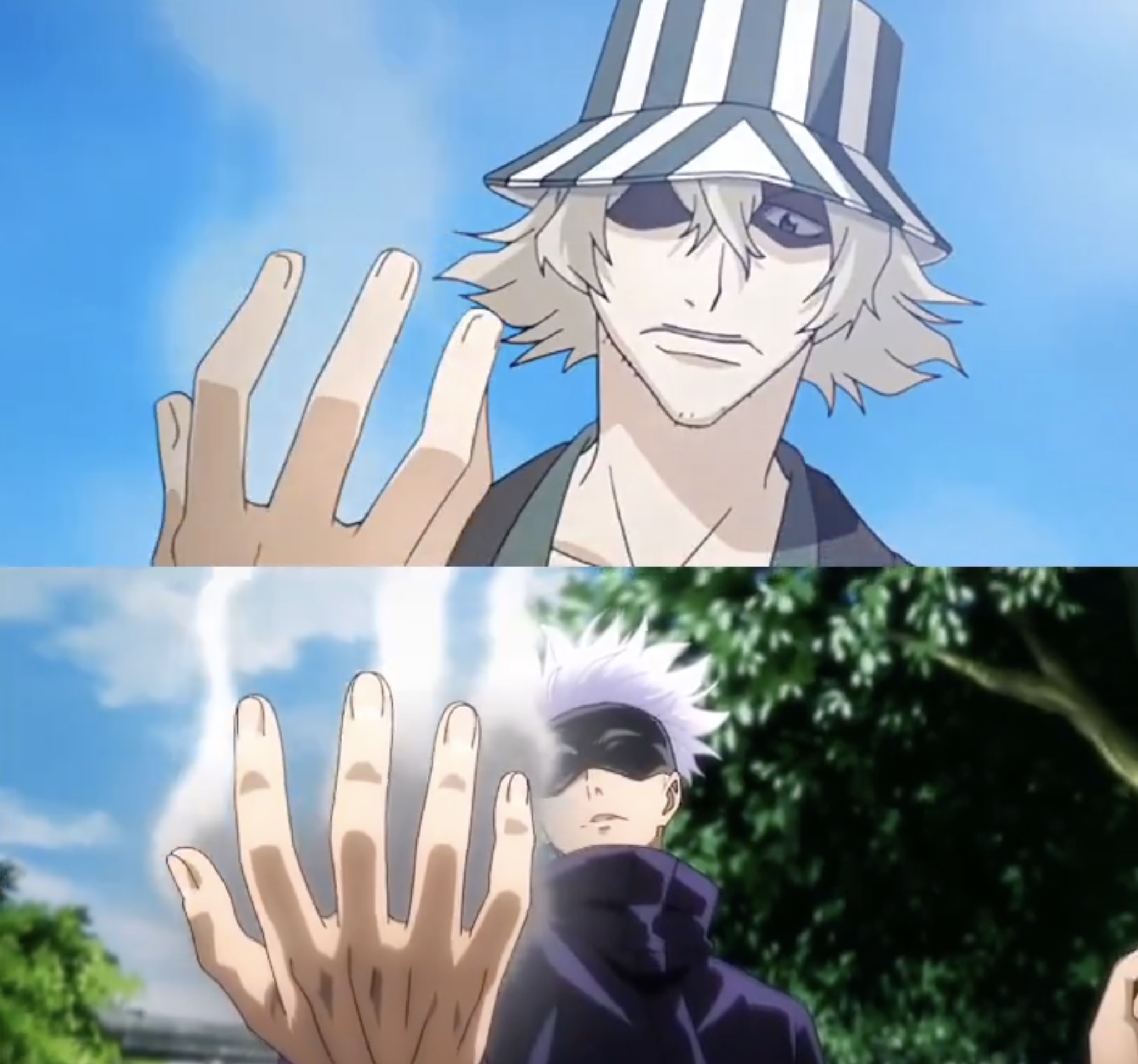
One Japanese social media post directly asked animator Itsuki Tsuchigami whether he had obtained permission before making references to iconic moments from other anime works.
The post suggested that repurposing recognizable scenes without permission could be viewed as disrespectful towards the original creators and artists involved.
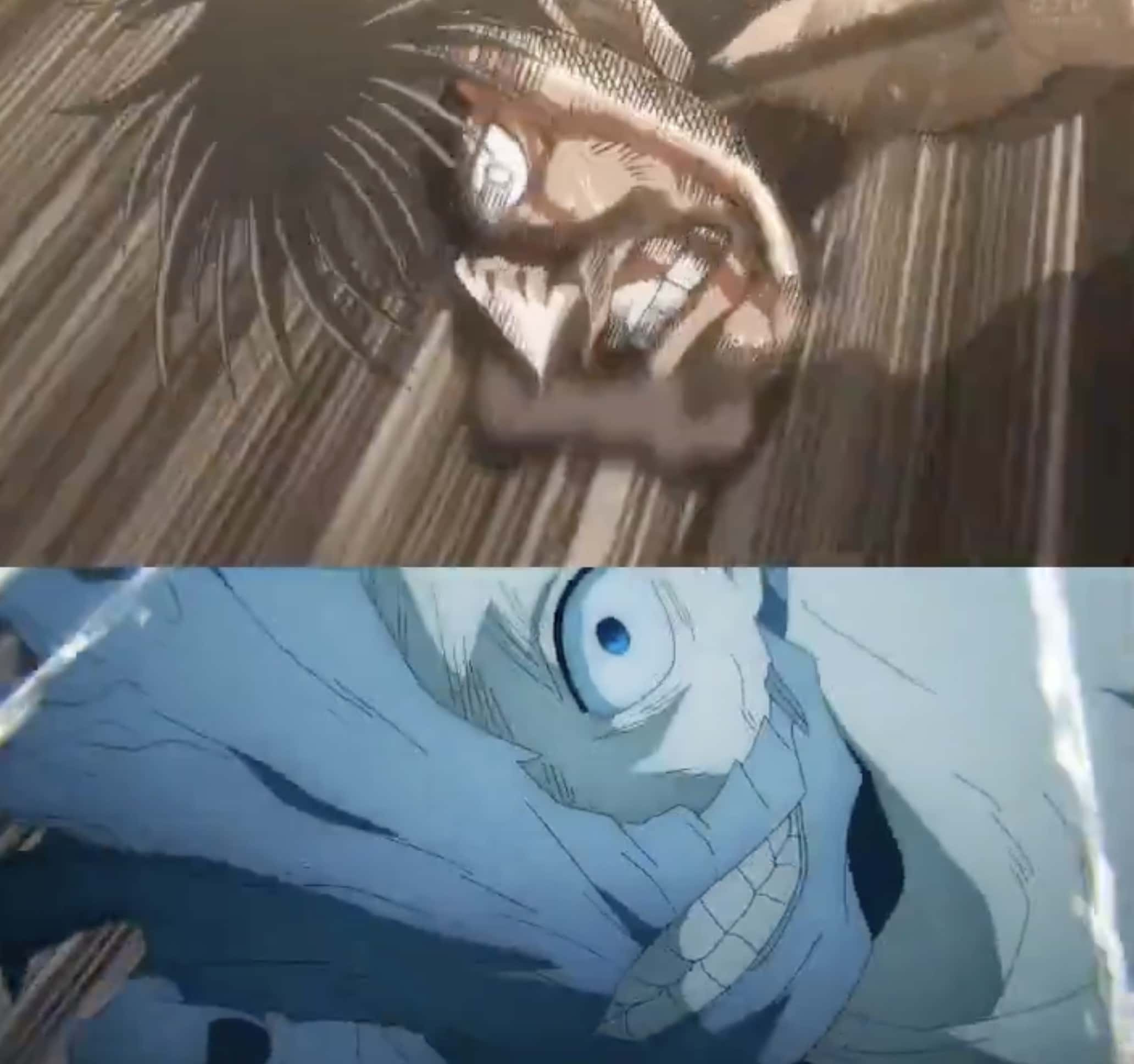
However, Tsuchigami responded by questioning if such permission protocols were really the norm or expectation in the industry.
He gave examples of two common anime cinematic techniques – the “Hero’s Perspective” shot looking down the length of a weapon and the “Akira Bike Slides” made iconic in the film Akira.
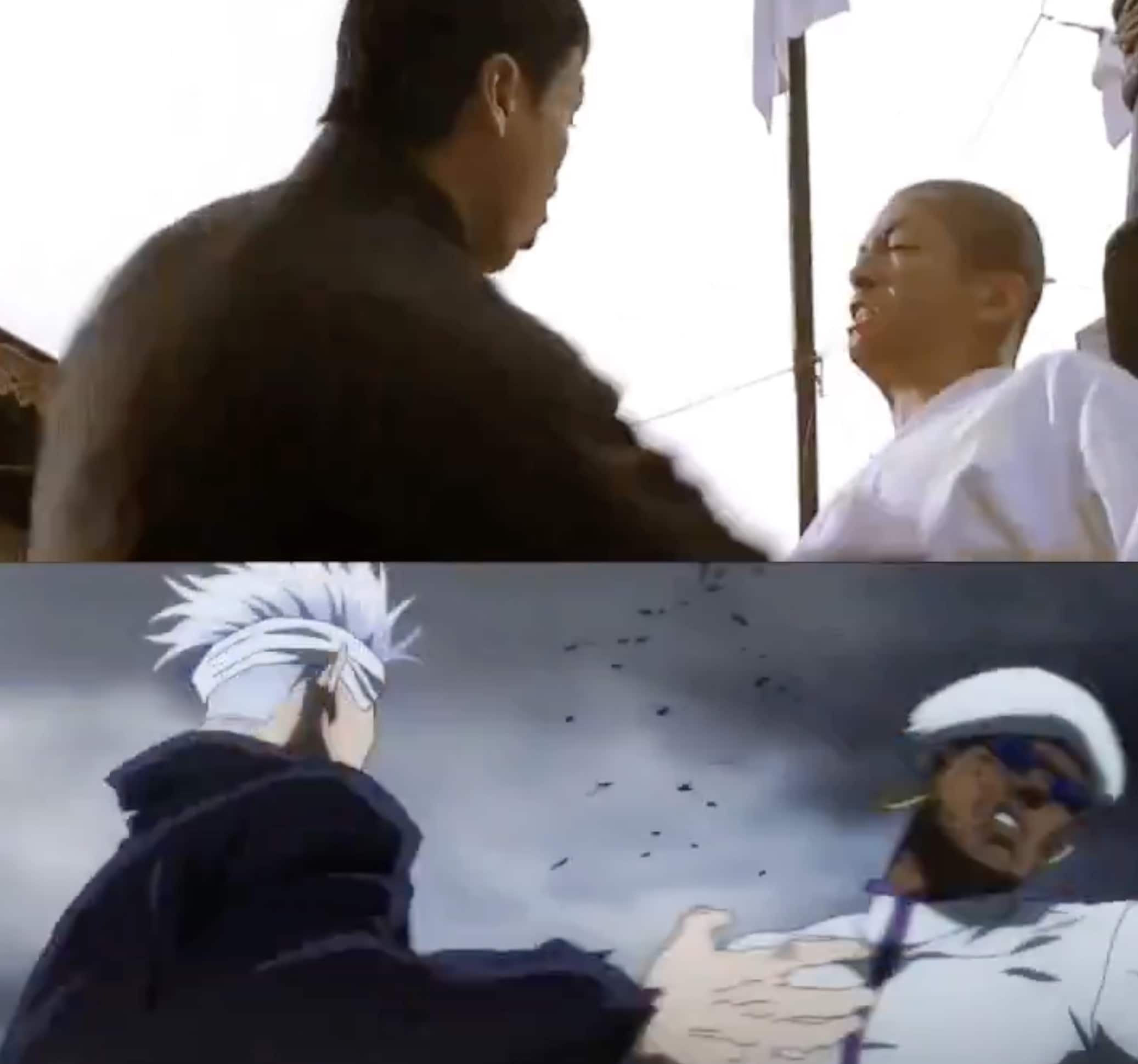
Tsuchigami pointed out that anime creators have invoked variations of these types of shots for years without backlash or claims of plagiarism.
His response implies that while the Jujutsu Kaisen scenes in question may bear clear inspiration from predecessor works, they are likely acceptable references under informal anime industry standards rather than unethical idea theft warranting accusations.
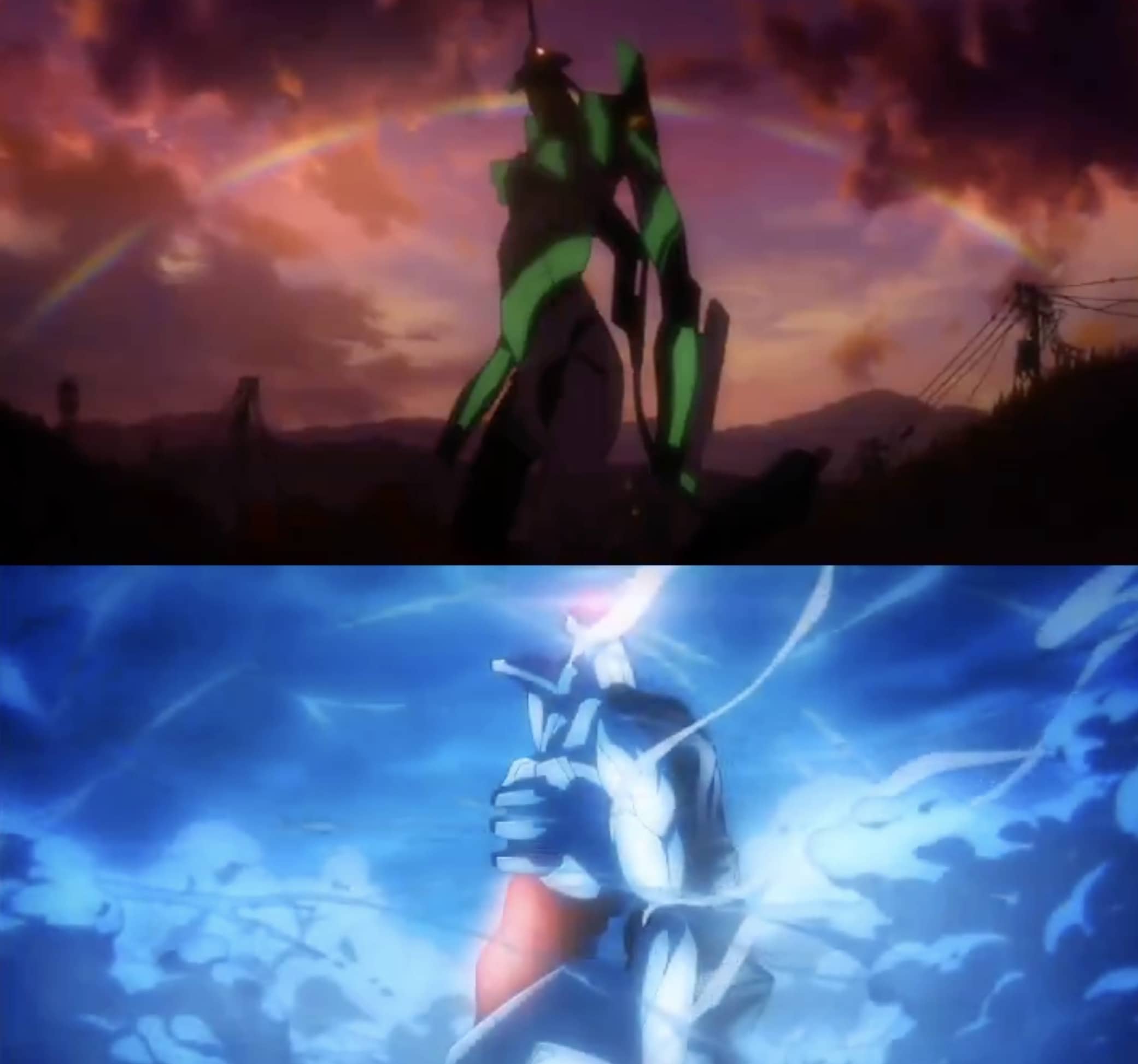
This ongoing debate continues to fuel discussion around determining the boundaries between artistic reference and plagiarism in Japanese animation.
Defends Homages and References as Acceptable Practices in Anime
Animator and director Itsuki Tsuchigami directly addressed the plagiarism accusations through several social media posts.
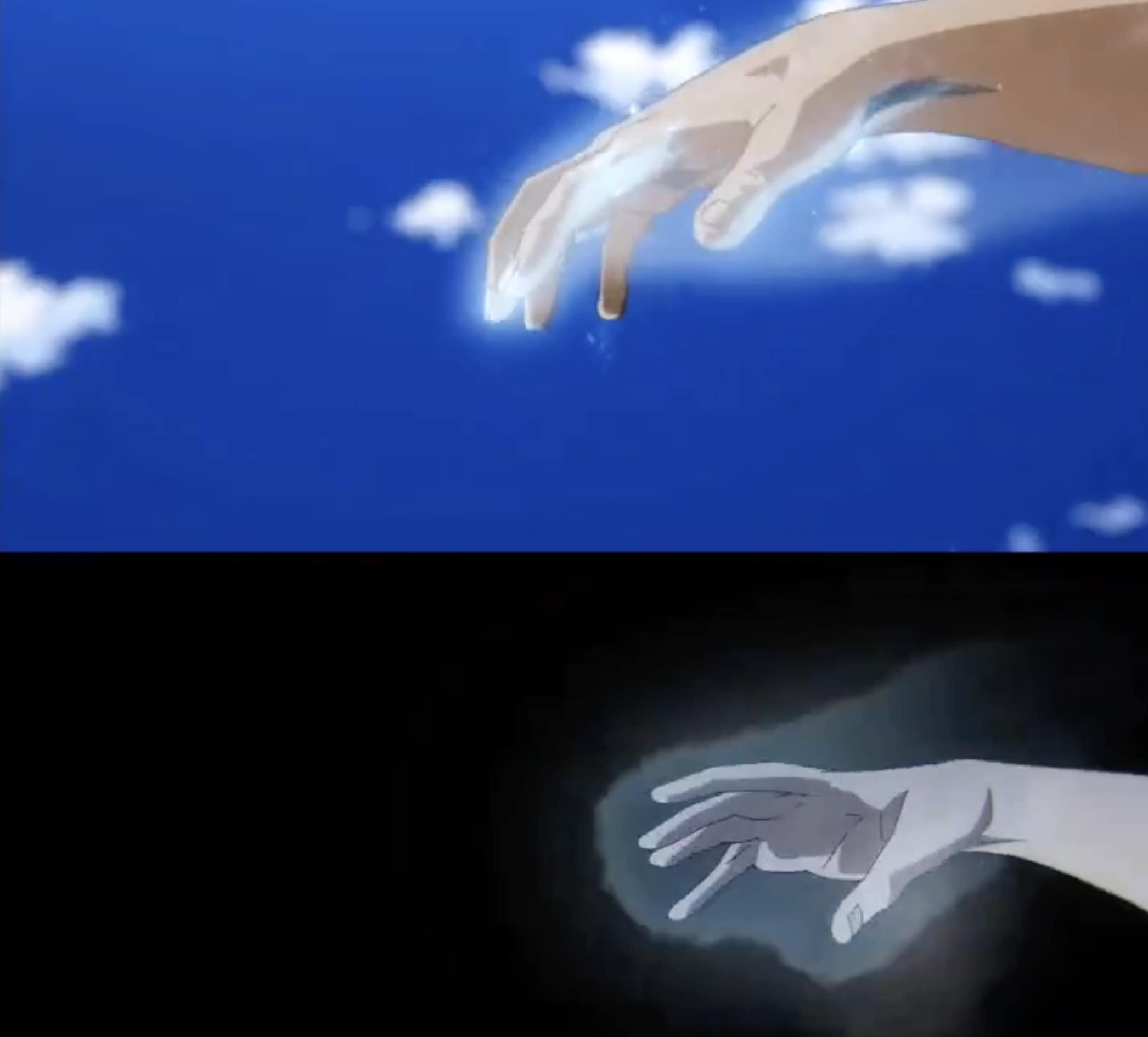
He laughed off and dismissed claims that his climactic battle scene between Mahoraga and Sukuna had copied All Might versus Nomu from the popular series My Hero Academia.
While not speaking for others, Tsuchigami’s comments suggested he believes referencing iconic scenes in obvious ways that match Jujutsu Kaisen’s style is not an issue.
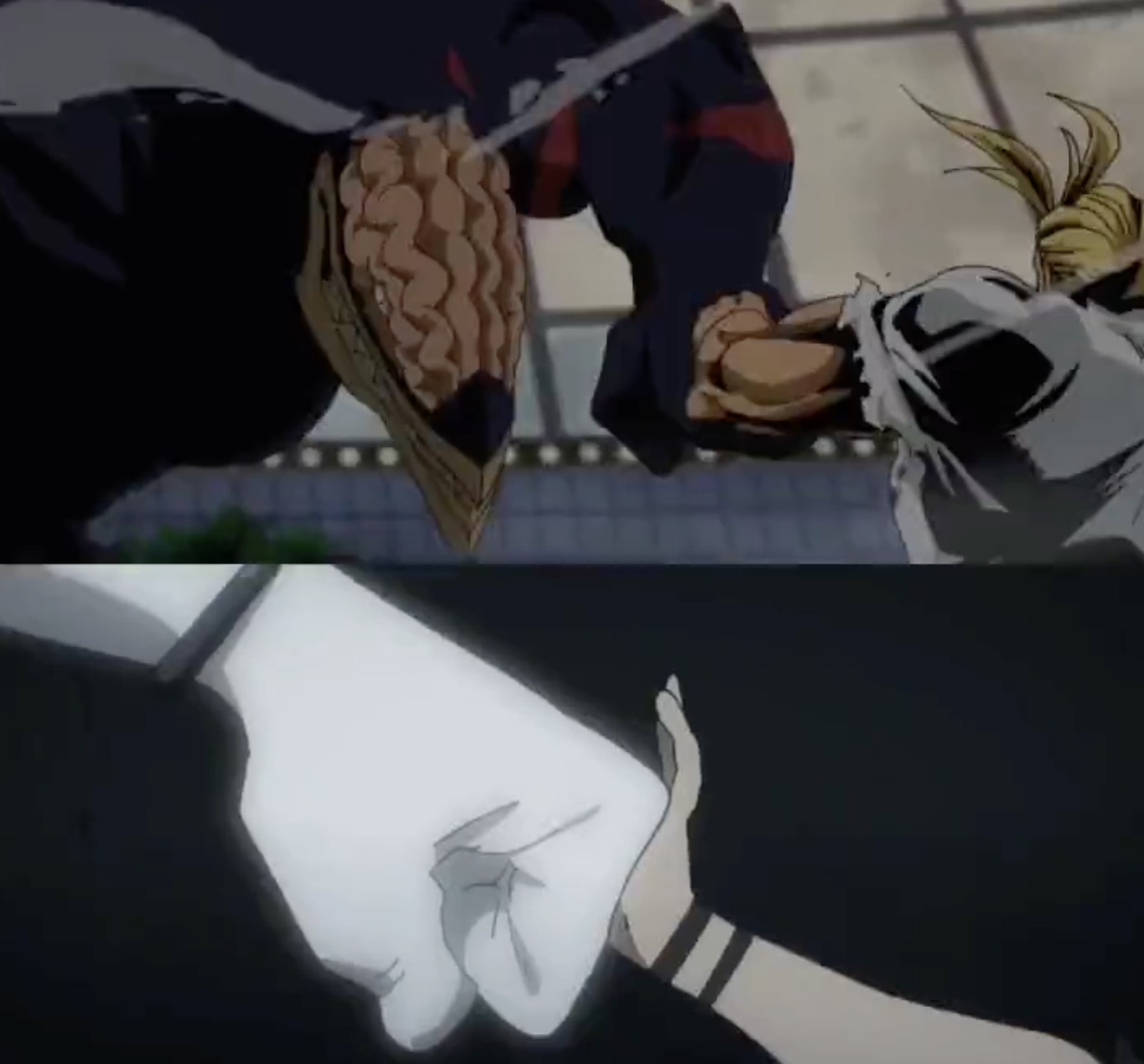
In fact, many fans have already noted another major fight scene between Todo and Mahito, which seems clearly inspired by My Hero Academia as well.
Surprisingly, Tsuchigami then shared an extensive list of various anime works he had looked to for inspiration when directing his own episodes of Jujutsu Kaisen.
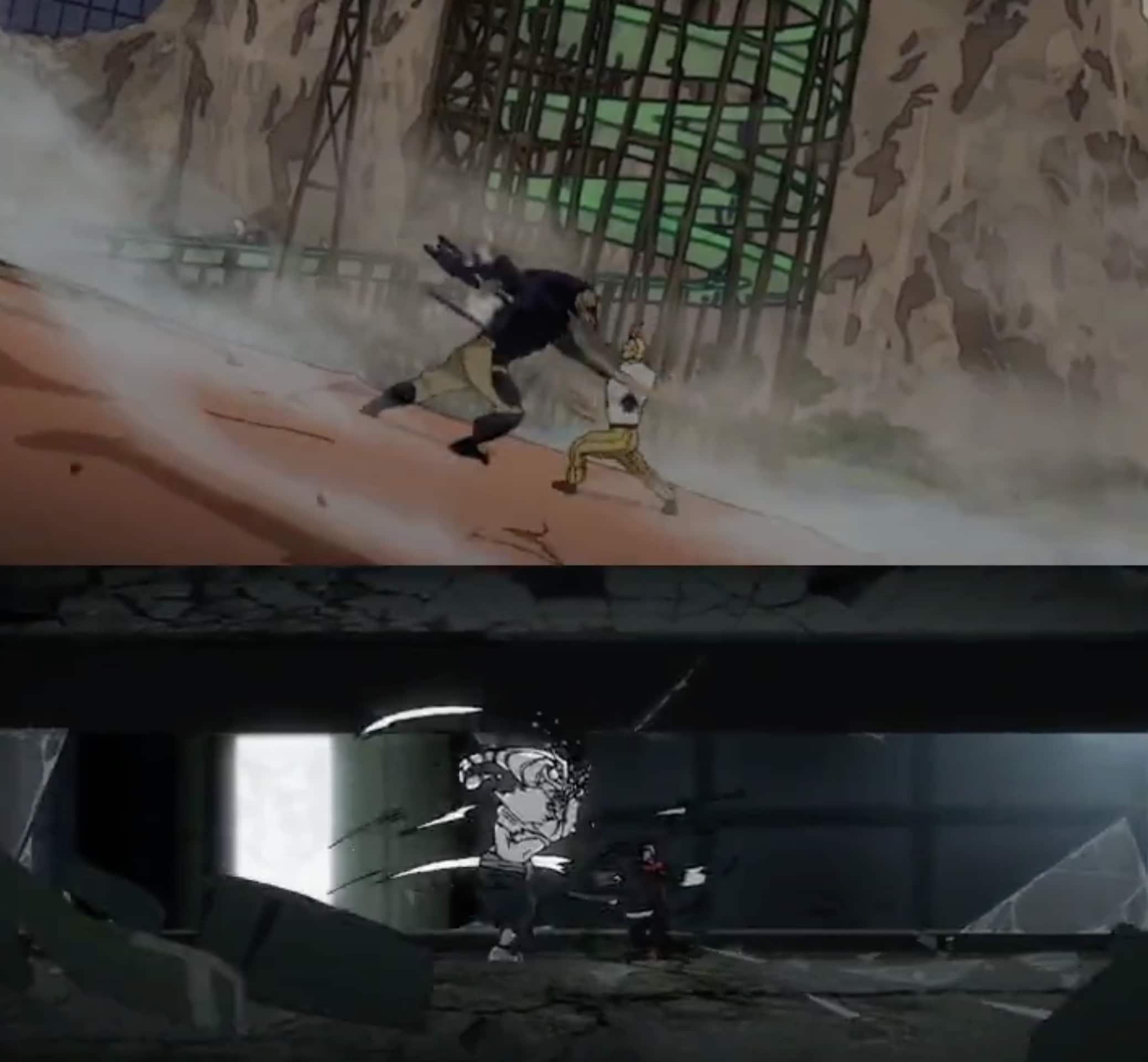
These included shows like Birdy the Mighty: Decode, Noein: To Your Other Self, Yozakura Quartet: Hoshi no Umi, and Naruto Shippuden.
He also cited non-anime titles like the Superman film Man of Steel and the lesser-known series Sacred Seven.
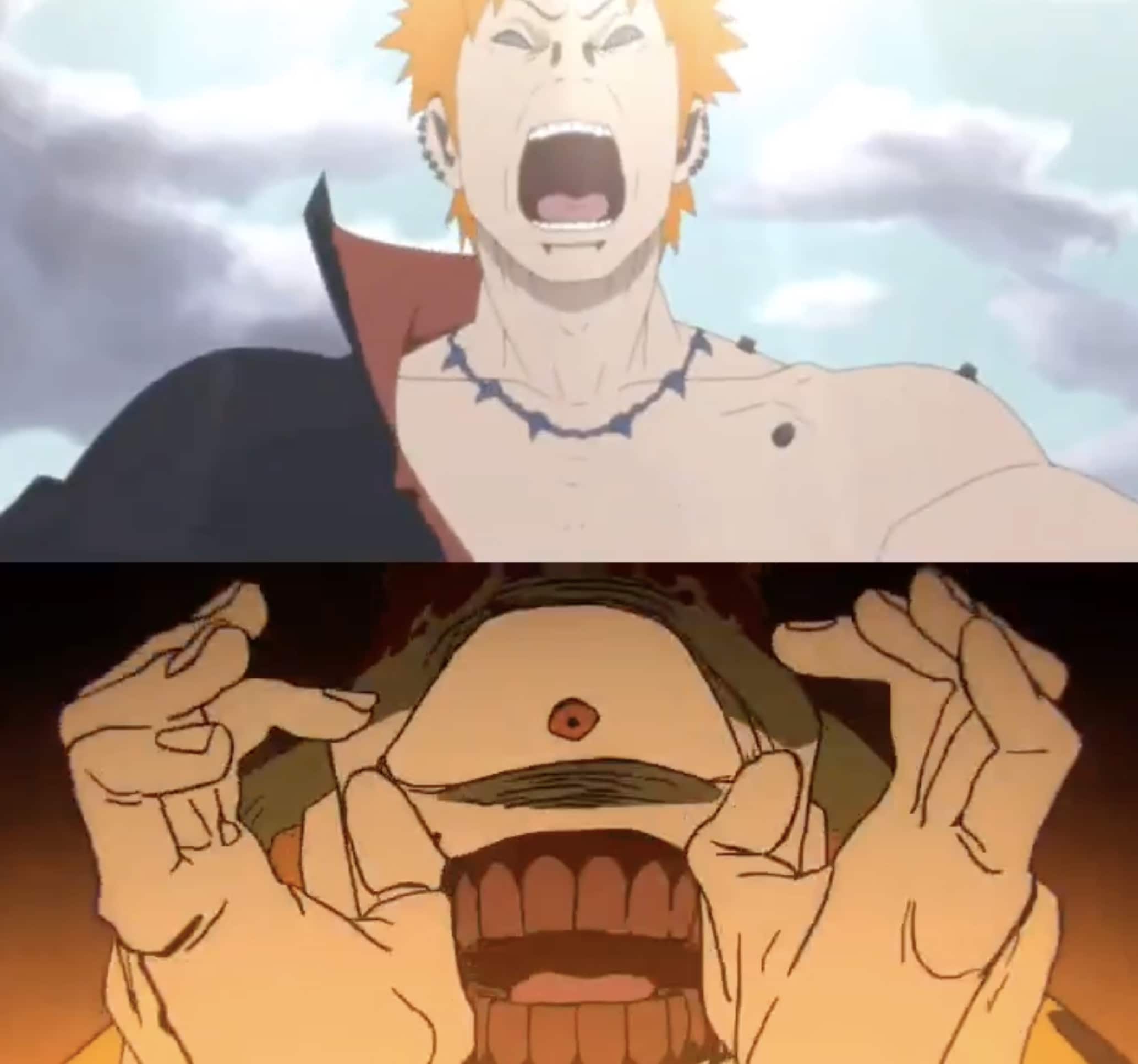
So, rather than denying borrowing ideas, Tsuchigami has been upfront about the numerous homages and references made in crucial action set pieces he worked on.
He maintains this is an acceptable practice rather than unethical copying within the anime industry.
Nakaya Onsen Responds to Plagiarism Claims in Jujutsu Kaisen
The plagiarism debate around Jujutsu Kaisen also drew a response from another animator working on the show’s second season, Nakaya Onsen.
He spoke up on social media to address allegations that one of his scenes had copied iconic fight choreography from the film The Matrix.
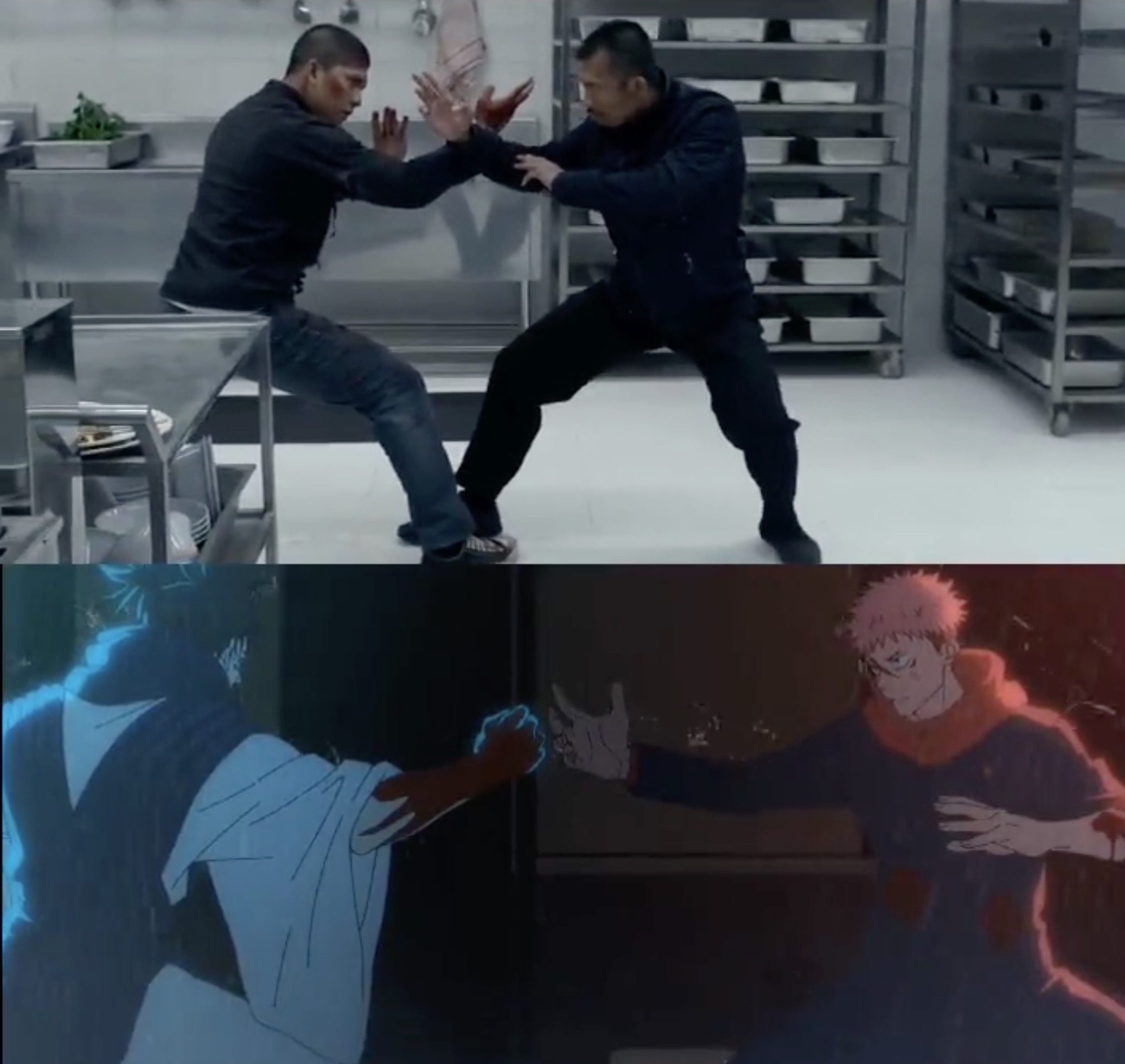
Onsen contended that when depicting a character blocking and deflecting a barrage of alternating punches, there are only a limited number of logical hand motions to choose from.
So, if two productions feature that same specific situation, some overlap in the character motions would naturally occur at times.
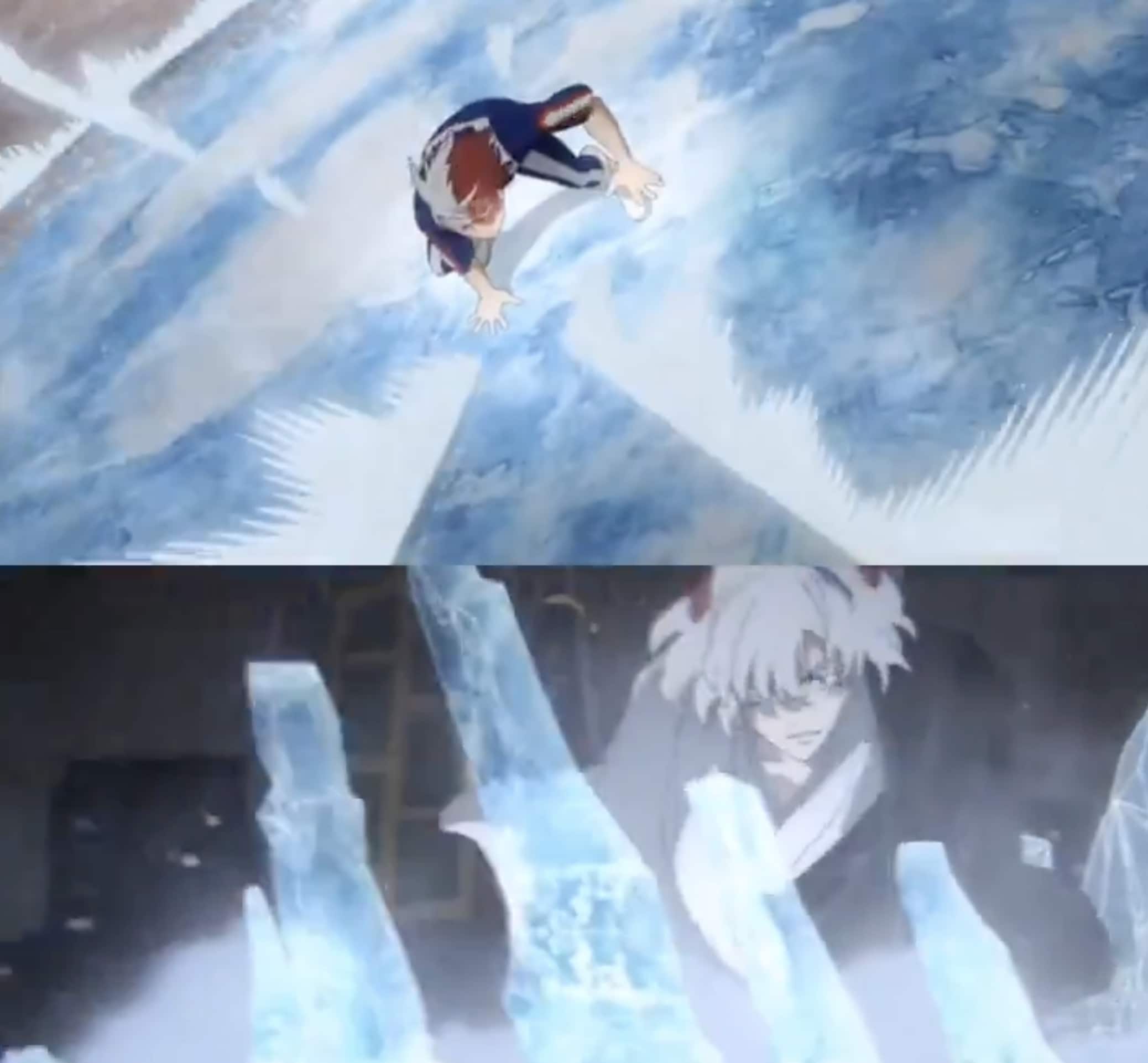
He expressed that rather than deliberate copying, such visual parallels are inevitable coincidences stemming from animators having the same basic fight reference material upon which to draw.
Onsen stated he found accusations of plagiarism in such cases to be unfair and unjustified.
His comments echo animator Tsuchigami’s sentiments that the anime industry involves frequent homages and inspiration drawn from influential source material.
So, some aesthetic similarities in scenes are to be expected if animators are placing characters in common combat scenarios that have defined the action genre.


